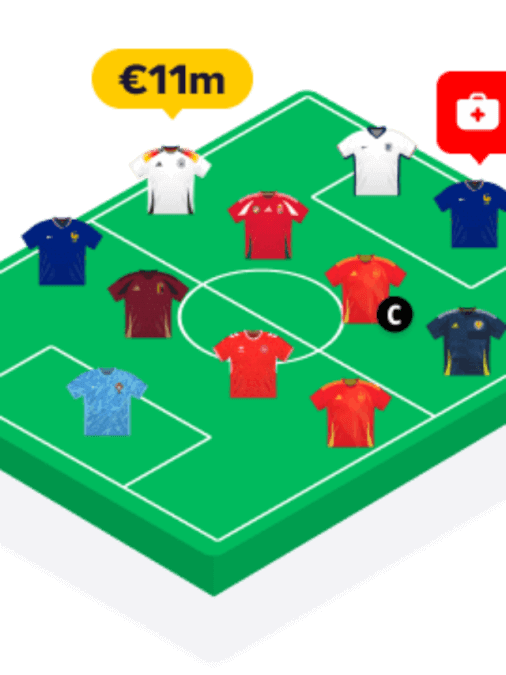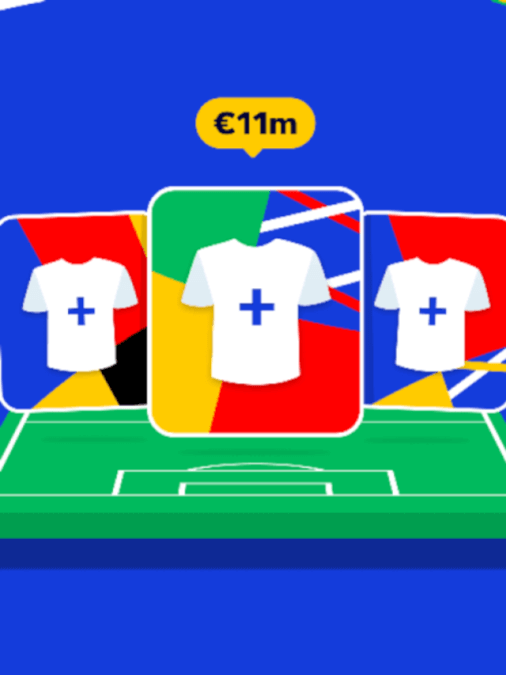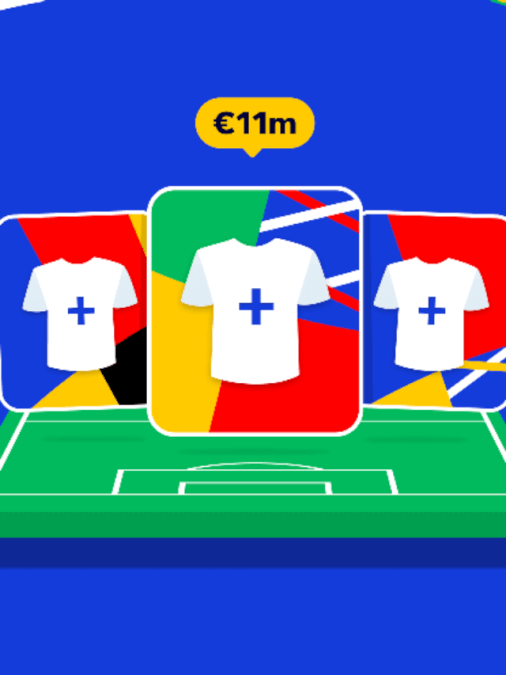Nutrition plays a pivotal role in the performance and overall health of youth football players.
However, many young athletes and their families make common nutrition mistakes that can hinder their performance on the field.
In this article, we will explore frequent pitfalls, such as skipping meals or overeating certain food groups, and provide practical solutions to help young athletes make better dietary choices.
1. Skipping Meals
Description of the Mistake
One of the most common mistakes among youth football players is skipping meals, often due to busy schedules or the misconception that they can save calories for later. This habit can lead to a significant drop in energy levels during training or matches.
Consequences
Skipping meals can adversely affect focus, stamina, and performance. Without regular fuel, young athletes may find it challenging to maintain their energy, which can impact their gameplay and overall health.
Practical Solutions
- Encourage Regular Meal Times: Establish a consistent eating schedule, ensuring meals are prioritized even on busy days.
- Quick and Easy Meal Prep: Prepare meals in advance to avoid last-minute decisions that lead to skipping. For ideas on meal prepping, check out Meal Prep for Football Families: How to Plan a Week of Healthy Meals.
- Importance of Breakfast: Start the day right with a nutritious breakfast. Learn more about this in Building a Winning Breakfast: Start Your Day Like a Champion.
2. Overeating Certain Food Groups
Description of the Mistake
Many young athletes tend to overeat specific food groups, particularly carbohydrates, thinking they need extra energy for their training. While carbs are essential, overconsumption can lead to weight gain and sluggishness.
Consequences
Overeating certain food groups can disrupt the balance necessary for optimal performance, leading to fatigue and reduced effectiveness on the field.
Practical Solutions
- Understanding Macronutrients: It’s crucial to balance macronutrients. For insights into what each macronutrient does for young athletes, read Understanding Macronutrients: What Carbs, Proteins, and Fats Do for Young Athletes.
- Portion Control: Use visual aids or measuring tools to ensure proper serving sizes.
3. Neglecting Hydration
Description of the Mistake
Young athletes often underestimate the importance of hydration, particularly during intense training sessions or matches.
Consequences
Dehydration can lead to decreased performance, muscle cramps, and even heat-related illnesses, which can sideline athletes during critical moments.
Practical Solutions
- Regular Water Intake: Encourage athletes to drink water throughout the day, not just during practice.
- Hydrating Foods: Include foods with high water content, such as fruits and vegetables, in their meals. For more hydration tips, check out Hydration Hacks for Young Footballers: What to Drink and When.
4. Relying on Processed Foods
Description of the Mistake
The convenience of processed foods can lead young athletes to rely on them too heavily, opting for quick snacks that lack nutritional value.
Consequences
Regular consumption of processed foods can negatively impact health, leading to weight gain and a lack of essential nutrients.
Practical Solutions
- Choosing Healthier Snacks: Opt for whole foods over processed options. Check out Snack Ideas for the Sidelines: Healthy Options for Young Players.
- Meal Prepping: Prepare healthy meals in advance to have ready-to-eat options available.
5. Lack of Variety in Diet
Description of the Mistake
Eating a limited variety of foods can lead to nutritional deficiencies and a lack of interest in healthy eating.
Consequences
A monotonous diet can result in missing essential nutrients needed for growth and development, affecting both health and performance.
Practical Solutions
- Incorporating Diverse Foods: Encourage families to try new recipes regularly. For inspiration, see Healthy Family Cooking: Fun Recipes for Young Footballers and Their Families.
6. Ignoring Food Allergies and Intolerances
Description of the Mistake
Many young athletes do not recognize or manage food allergies and intolerances, which can lead to adverse health effects.
Consequences
Failure to address food allergies can cause health risks and negatively impact performance.
Practical Solutions
- Identifying Allergies: Families should educate themselves about food allergies and how to manage them effectively. For tips on this topic, visit How to Handle Food Allergies and Intolerances in Young Footballers.
7. Not Seeking Professional Guidance
Description of the Mistake
Young athletes and their families may overlook the value of professional nutrition advice.
Consequences
Without proper guidance, athletes might follow misleading information, leading to poor dietary choices.
Practical Solutions
- Consulting Nutritionists: Seek help from qualified professionals to develop a personalized nutrition plan.
Key Takeaways
| Nutrition Mistake | Consequences | Practical Solutions |
|---|---|---|
| Skipping Meals | Low energy, poor focus | Regular meal times, meal prep, prioritize breakfast |
| Overeating Certain Food Groups | Weight gain, fatigue | Understand macronutrients, portion control |
| Neglecting Hydration | Dehydration, muscle cramps | Regular water intake, hydrating foods |
| Relying on Processed Foods | Weight gain, lack of nutrients | Healthier snack options, meal prepping |
| Lack of Variety in Diet | Nutritional deficiencies | Incorporate diverse foods, try new recipes |
| Ignoring Food Allergies and Intolerances | Health risks, performance issues | Identify allergies, manage effectively |
| Not Seeking Professional Guidance | Misleading information, poor dietary choices | Consult nutritionists for personalized plans |
Conclusion
Addressing common nutrition mistakes is essential for young football players aiming to enhance their performance and overall health.
By implementing practical solutions and fostering healthy eating habits, families can significantly impact their young athletes’ success.
For more insights into nutrition and how it relates to athletic performance, explore articles on topics like The Importance of Proper Nutrition for Young Footballers and Post-Game Recovery: The Best Foods to Recharge Young Athletes.
Making informed dietary choices can lead to better performance on the field and foster a lifelong commitment to health and wellness in young athletes.









